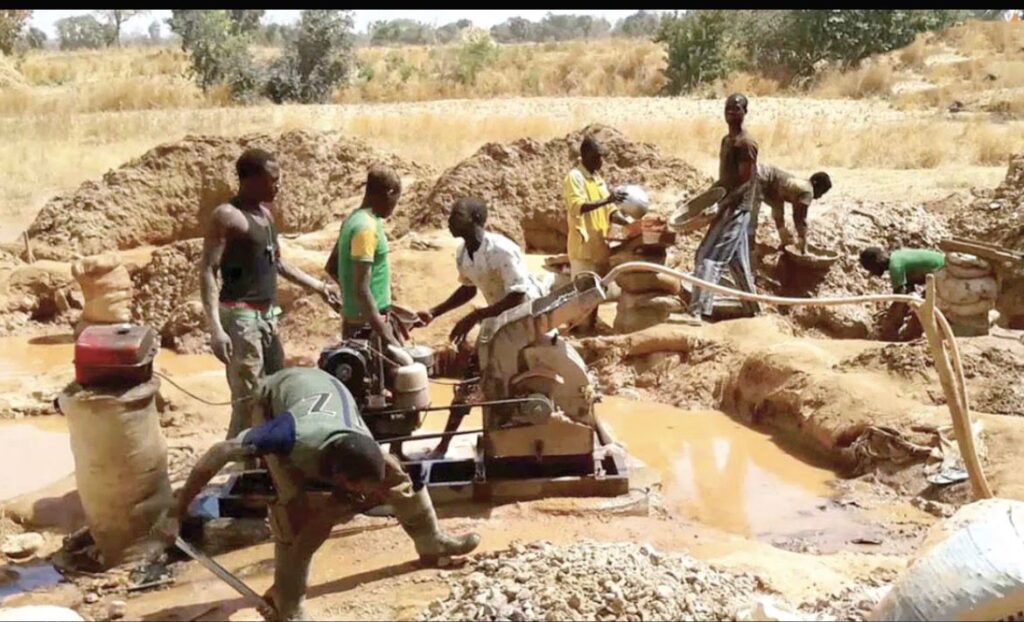Railway Sabotage Threatens Nigeria’s Infrastructure, Expert Warns
The recent derailment of the Abuja–Kaduna train has raised serious concerns about the security and integrity of Nigeria’s railway network, with experts warning that such incidents are not merely accidents but the result of organized theft and sabotage.
Dr. O.A. Ayinde, a public policy analyst and good governance advocate, described the theft of railway components, including iron clips, as a deliberate threat to national security and economic stability.
Speaking from Ikeja, Lagos, Dr. Ayinde said the problem extends beyond petty crime, labeling it “economic terrorism” that endangers lives and undermines public trust.
“These acts are measured not just in stolen metal but in human lives at risk, billions of naira lost, and confidence eroded in our nation’s infrastructure,” Dr. Ayinde said.
He warned that both the individuals who steal railway materials and those who purchase them are complicit in crimes that threaten public safety.
The economic impact of railway vandalism is significant. Experts note that derailments and other disruptions lead to delayed cargo, breached contracts, higher insurance premiums, and increased business costs.
According to Dr. Ayinde, such crimes impose an invisible tax on the population and hinder national development.
Beyond the economic implications, Dr. Ayinde highlighted the social and cultural consequences. Railways serve as vital links between communities, connecting families, facilitating commerce, and supporting regional cohesion.
“Vandalizing railways severs bonds, fosters distrust, and prioritizes selfish profit over communal survival,” he said.
Dr. Ayinde also called for strict enforcement of laws against railway vandalism. He urged authorities to prosecute offenders, seize assets, revoke licenses, and shut down companies involved in the trade of stolen railway materials.
“The rails are more than steel; they are lifelines of commerce, instruments of sovereignty, and guarantees of national development,” Dr. Ayinde said. “Defending them is defending Nigeria itself. Silence is complicity. Action is essential.”
The incident underscores the urgent need for enhanced security measures, stricter enforcement of laws, and public awareness campaigns to protect Nigeria’s rail infrastructure—a critical component of the country’s economic and social development.







